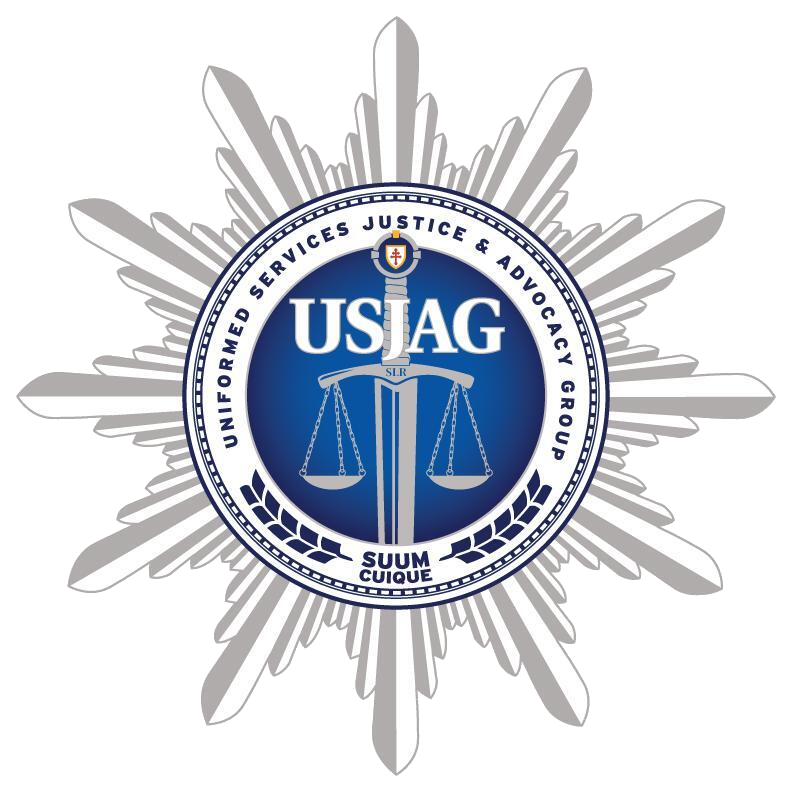
The Javier Ortiz Fund
Javier Ortiz, Client of USJAG, Featured in the New York Times
In a recent two-part story published by J.M. Phelps of The Epoch Times, it was revealed that a forensic investigation launched by USJAG uncovered a shocking cover-up by the Department of Defense.
The investigation centered around the experience of Javier Ortiz, who was abandoned by the very institution that had sent him off to war.
Javier Ortiz's story was resurrected when Andrew Johnson's story, a disabled combat veteran who served in the Army, came to the attention of the New York Times, which reached out to USJAG for comment.
That conversation led to a deep dive into what was uncovered through the organization's forensic investigation of Javier Ortiz, and it was quickly discovered it was not an isolated incident.
It was systemic across the Marine Corps and Army.
Please take a moment and read about Javier Ortiz's situation.
It will move you.
It will make you want to help him.
Javier Ortiz's Story
When Lance Corporal Ortiz started seeing a ghost a few days after returning from Syria in 2017, it didn’t occur to him that he had been hurt by his own cannon. Instead, he was convinced that the enemy had put a hex on him.
He tried to purify himself by lighting a fire on the beach near Camp Pendleton and burning his old combat gloves and journal from the deployment. But after the ashes cooled, the ghost was still there.
For the next four years, he tried to play down his problems and make a career in the Marine Corps. He started a family. He was promoted to sergeant. He received a diagnosis of P.T.S.D. and was given various medications, but his panic attacks and hallucinations persisted. He started to have problems with his heart and digestion, too.
He eventually asked for a transfer to a special medical battalion set up to give Marines who are wounded in combat a place to recover. But there was little in his record to suggest that he had seen combat or been wounded. His request was denied.
One Friday night in October 2020, he was having visions that ghosts were trying to pull him into another dimension. He stretched out naked on his kitchen floor, hoping that the cool touch of the tiles would restore his grip on reality. It didn’t work. In a panic, he called a cousin who had served in Iraq. His cousin said that what always worked for his P.T.S.D. was marijuana.
Sergeant Ortiz bought some at a civilian dispensary. Though using marijuana is a crime in the military, he took a few puffs, relaxed and went to sleep.
The next Monday, he admitted to his commanding officer what he had done. He apologized and told her that he had already referred himself to a Marine substance abuse program.
The Marine Corps has regulations to ensure that Marines who break the rules because of P.T.S.D. or brain injuries are not punished for their missteps if their condition makes them unfit for duty. But records show that the Marine Corps decided Sergeant Ortiz had no qualifying injuries.
In 2021, he was forced out for willful misconduct and given an other-than-honorable discharge that cut him off from access to therapy, medication, disability payments and other support intended for wounded veterans.
This spring, he and his family were squatting in a house in Kissimmee, Fla., that was going through foreclosure. The lights were off and the kitchen sink was overflowing with dishes. He stammered as he tried to recount his experiences, with a memory he says is now full of blanks.
He has two young children, and has struggled to hold a job. Bills have piled up. The headaches are crushing, he said, and he feels that his memory is becoming worse. When asked about the apparition of the dead girl, he started to cry and lowered his voice so his wife wouldn’t hear. He admitted that he still saw the ghost. And other things.
“I gave the Marine Corps everything,” he said. “And they spit me out with nothing. Damaged, damaged, very damaged.”
Source: Dave Philipps, New York Times, November 5th, 2023
The Ask
Please help us in helping Javier get the assistance he needs and deserves.
Together, all of us can make a difference.
USJAG is a tax-exempt 501(c)(3) nonprofit organization.
EIN: 46-3973332
Support the mission of USJAG for $10/mo.
Lives are saved, families are preserved, and communities experience less strain on scarce resources as a result of USJAG’s work.
